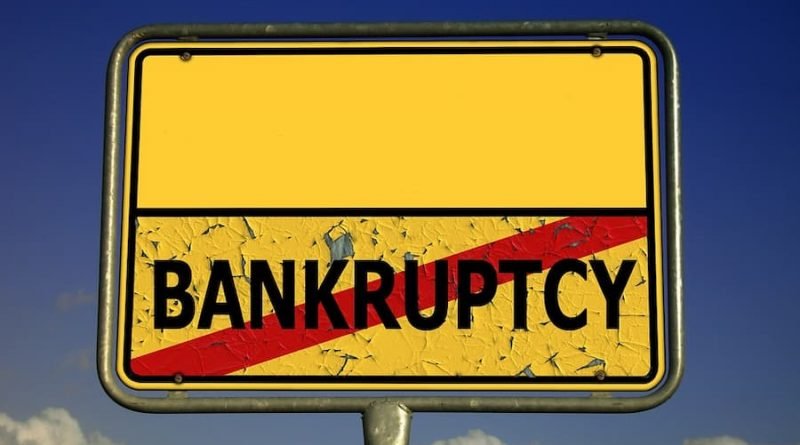Bankruptcy vs. Foreclosure – Which Is Worse?
Almost every adult knows the importance of a strong credit report. Unfortunately, some of us have to go through financial problems at one point or another. So whether you are facing bankruptcy or foreclosure, it is essential to know the differences between each.
Generally, a bankruptcy will remain on your credit report for up to 10 years, while a foreclosure remains for 7 years. However, this does not mean that foreclosure is a better option than bankruptcy.
Function
Although both these terms are referenced together, foreclosure and bankruptcy are actually two different types of legal proceedings with their own separate objectives and results. Bankruptcy and foreclosure represent two common types of financial problems faced by individuals or businesses.
As for the function, a bankruptcy’s function is to permit the individual to obtain a payment plan to allow them to repay their debts. The function of a foreclosure is to allow the mortgage lender to take ownership of real estate with the aim of satisfying the accrued balance on a past due loan; consulting a Foreclosure Lawyer is highly advised.
Effects
This is where the primary differences between bankruptcy and foreclosure are underscored. The filing of bankruptcy directly affects foreclosure. As soon as you file for bankruptcy, the court imposes what is called a stay order, which shields the debtor and his/ her property, including their home. Not only that, but this court order also protects the debtor from harassing calls, utility shut-off, repossessions, lawsuits, and more.
Chapter 13 Bankruptcy
In a chapter 13 bankruptcy, the attorney asks the court to approve a repayment plan that prevents the proceedings of foreclosure and provides the debtor around 3 to 5 years to pay and catch up on any arrears on their mortgage. In addition to that, bankruptcy also protects you from any legal obligations to pay for other debts, including medical bills, credit card payments, and collection accounts.
Chapter 7 Bankruptcy
A chapter 7 bankruptcy temporarily puts the foreclosure proceedings on hold and allows the debtor extra time in the house to get their affairs in order. It also discharges most other types of debts and assures you that you will not be obligated to pay for anything else to the mortgage creditor once the house is sold.
Reaffirmation Agreement
A foreclosure occurs when there is no other alternative besides the mortgage lender taking possession of the real estate. Bankruptcy, however, creates an alternative to foreclosure through a reaffirmation agreement. The reaffirmation agreement is designed to permit the debtor to remain the owner of the property and requires him/ her to make recurring payments to the mortgage lender on loan.
Legal assistance
Both the processes of foreclosure and bankruptcy are involved in complex legal actions. Regardless of which process you are facing, it is ideal for protecting your financial, personal, and legal interests by consulting and cooperating with experienced legal counsel.
Conclusion
Many consumers are confused about what to do when they receive a notice of foreclosure. Consulting with a competent bankruptcy attorney can help clear this confusion and assist you with making the ideal decision based on your particular situation.
Visit the rest of the site for more useful and informative articles!

